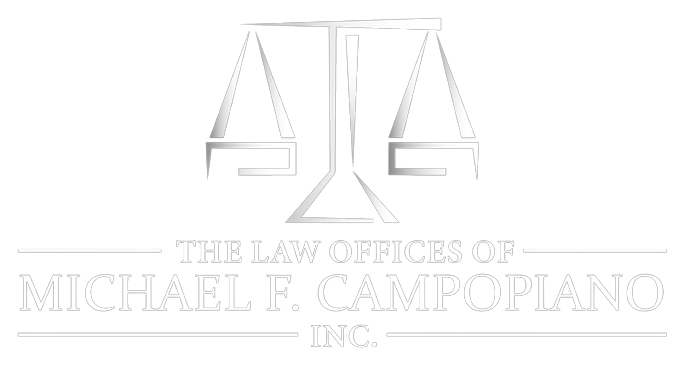Suffering a personal injury due to the negligence of another party can be a traumatic experience. Whether it’s a car accident, slip and fall, or medical malpractice, the physical and emotional toll can be overwhelming. Aside from the pain and suffering, personal injuries often result in financial hardships caused by medical expenses, lost wages, and other related costs. Filing a personal injury claim can help you get the compensation you deserve, but it’s not always a straightforward process. There are many intricacies to navigate, and it can be overwhelming, especially if you’re not familiar with the legal system. In this article, we’ll delve into the ins and outs of personal injury claims and provide you with valuable information to help you make informed decisions before filing.
Common types of personal injury claims
Personal injury claims can arise from a variety of incidents. Some common types of personal injury claims include:
Car accidents
Car accidents are one of the most common causes of personal injury claims. Whether it’s a minor fender bender or a serious collision that results in life-changing injuries, car accidents can have a significant impact on your life. In a personal injury claim, you can seek compensation for medical expenses, lost wages, and other related costs.
Slip and fall accidents
Slip and fall accidents occur when someone slips, trips, or falls due to hazardous conditions on someone else’s property. These accidents can result in serious injuries, such as broken bones, head injuries, and spinal cord injuries. In a personal injury claim, you can seek compensation for medical expenses, lost wages, and pain and suffering.
Medical malpractice
Medical malpractice occurs when a healthcare provider fails to provide a reasonable standard of care, resulting in injury or death. This can include misdiagnosis, surgical errors, medication errors, and more. In a personal injury claim, you can seek compensation for medical expenses, lost wages, and pain and suffering.
Steps to take after an injury occurs
If you’ve been injured due to someone else’s negligence, it’s crucial to take the following steps:
Seek medical attention
Your health should be your top priority. Seek medical attention as soon as possible, even if you don’t think your injuries are severe. Some injuries may not be immediately apparent, and delaying medical treatment can harm your chances of a successful personal injury claim.
Document the incident
Documenting the incident can help strengthen your personal injury claim. Take photos of the scene, gather witness information, and obtain a copy of the police report (if applicable).
Notify the responsible party
If your injury was caused by someone else’s negligence, notify the responsible party. For example, if you were injured in a car accident, notify the other driver’s insurance company. If you were injured on someone else’s property, notify the property owner.
Understanding the statute of limitations
The statute of limitations is the legal timeframe in which you can file a personal injury claim. Each state has its own statute of limitations, which can range from one to six years. It’s essential to understand your state’s statute of limitations and file your claim within the allotted time. Failing to do so may result in your claim being dismissed.
The importance of gathering evidence
Gathering evidence is crucial to the success of your personal injury claim. Evidence can help establish liability and damages. Some types of evidence to gather include:
Medical records
Medical records can help establish the extent of your injuries and the necessary medical treatment.
Witness statements
Witness statements can help establish liability and provide a more detailed account of the incident.
Photos and videos
Photos and videos can help establish the scene of the incident and the extent of the damages.
Police reports
Police reports can provide an objective account of the incident and may include witness statements.
Calculating damages in a personal injury claim
Calculating damages in a personal injury claim can be complex. Damages can include:
Medical expenses
This includes the cost of medical treatment, medication, and rehabilitation.
Salarios perdidos
This includes the wages you lost due to your injury, as well as any future lost wages.
Pain and suffering
Pain and suffering can include physical pain, emotional distress, and loss of enjoyment of life.
Property damage
If your property was damaged in the incident, you may be able to seek compensation for the cost of repairs or replacement.
Negotiating with insurance companies
Insurance companies are often involved in personal injury claims. It’s important to remember that insurance companies are businesses, and their goal is to pay out as little as possible. It’s essential to be prepared for negotiations and to have a clear understanding of the damages you’re entitled to. A personal injury lawyer can help negotiate with insurance companies on your behalf.
When to hire a personal injury lawyer
Hiring a personal injury lawyer can help ensure that your rights are protected and that you receive the compensation you deserve. A personal injury lawyer can:
Investigate your case
A personal injury lawyer can gather evidence, interview witnesses, and build a strong case on your behalf.
Negotiate with insurance companies
A personal injury lawyer can negotiate with insurance companies to ensure that you receive fair compensation.
Represent you in court
If necessary, a personal injury lawyer can represent you in court and fight for your rights.
The personal injury claims process
The personal injury claims process can be lengthy and complex. It typically includes the following steps:
Investigation
The investigation involves gathering evidence, interviewing witnesses, and building a strong case.
Demand letter
A demand letter is a letter sent to the responsible party or their insurance company that outlines your damages and demands compensation.
Negotiation
Negotiation involves back-and-forth discussions with the responsible party or their insurance company to reach a settlement.
Litigation
If a settlement cannot be reached, litigation may be necessary. This involves filing a lawsuit and going to court.
Conclusion and final thoughts
Filing a personal injury claim can be overwhelming, but it’s important to remember that you have rights and that you deserve compensation for your injuries. Understanding the ins and outs of personal injury claims can help you make informed decisions and increase your chances of a successful claim. If you’ve been injured due to someone else’s negligence, seek medical attention, document the incident, and gather evidence. Remember to file your claim within the statute of limitations and consider hiring a personal injury lawyer to represent you. With the right knowledge and support, you can move forward with confidence and get the compensation you deserve.






